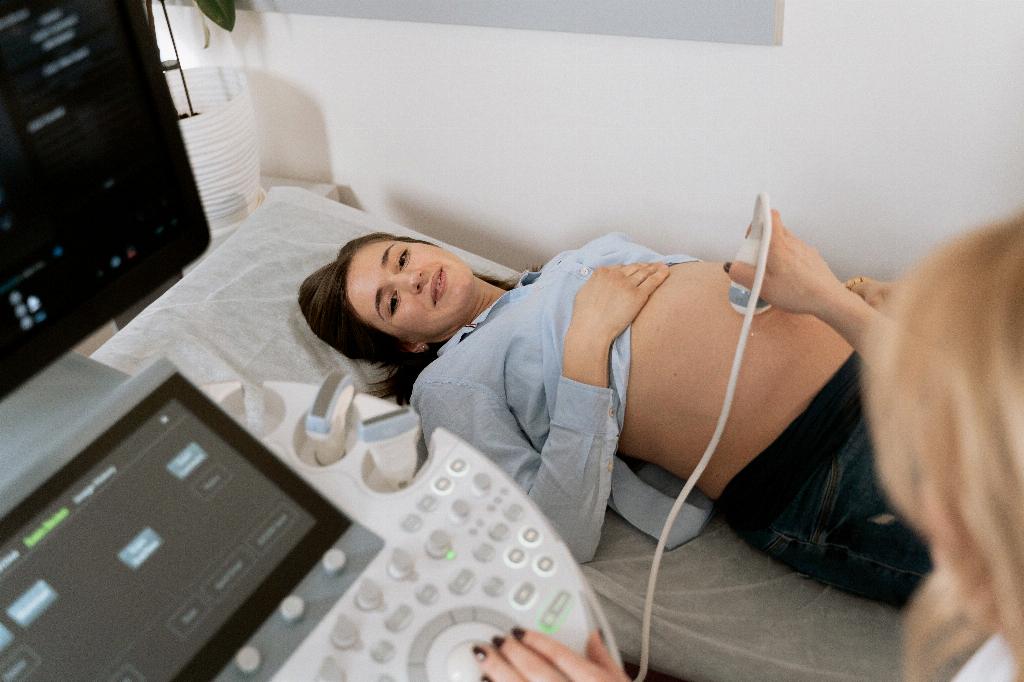When it comes to the safety of CT scans during pregnancy, there are various factors to consider. CT scans, or computed tomography scans, are a diagnostic imaging technique that uses X-rays to create detailed cross-sectional images of the body. Many women may have concerns about whether undergoing a CT scan while pregnant poses any risks to the developing fetus.
One essential point to note is that receiving a CT scan during pregnancy has not been shown to increase radiation exposure to the fetus significantly. Although CT scans utilize more radiation than traditional X-rays, the amount of radiation emitted during a standard CT scan is typically not sufficient to pose an additional risk to an unborn child.
However, it is essential to highlight a potential exception to this general rule. In cases where the imaging is centered on the pelvis or abdominal areas, there may be a slightly higher radiation exposure to the fetus due to the proximity of these regions to the uterus. Pregnant women undergoing a CT scan in these areas should discuss any potential risks with their healthcare provider to make an informed decision.
Healthcare providers are well aware of the delicate nature of pregnancy and always strive to balance the necessity of diagnostic imaging with the safety of the mother and the developing fetus. In many instances, the benefits of obtaining vital medical information through a CT scan during pregnancy may outweigh the potential minimal risks associated with radiation exposure.
It is crucial for pregnant women to communicate openly with their healthcare provider about any concerns or questions regarding undergoing a CT scan. By sharing information about the specific medical condition being evaluated, the healthcare team can determine the most appropriate imaging modality and take necessary precautions to minimize any potential risks.
Additionally, pregnant women should ensure that the imaging facility is aware of their pregnancy status before undergoing a CT scan. This allows the radiology team to adjust the imaging parameters and take steps to reduce radiation exposure as much as possible while still obtaining high-quality diagnostic images.
Ultimately, the decision to undergo a CT scan during pregnancy should be made on a case-by-case basis after careful consideration of the potential benefits and risks. In emergencies or situations where a CT scan is deemed necessary for accurate diagnosis and treatment, the healthcare provider will weigh the risks of radiation exposure against the benefits of obtaining critical medical information.
Research in the field of radiology continues to advance, leading to the development of techniques and protocols aimed at reducing radiation exposure in diagnostic imaging, including CT scans. These advancements contribute to enhancing the safety of various imaging procedures, particularly for vulnerable populations such as pregnant women.
Being informed and proactive about one’s healthcare is essential, especially during pregnancy. Understanding the potential implications of undergoing a CT scan and engaging in discussions with healthcare providers can help pregnant women make educated decisions regarding their medical care while prioritizing the well-being of themselves and their babies.
In conclusion, while the safety of CT scans during pregnancy is a topic of consideration and discussion, current evidence suggests that the risks associated with radiation exposure from a standard CT scan are minimal and are often outweighed by the benefits of obtaining crucial diagnostic information. Pregnant women should consult with their healthcare providers, express any concerns, and collaborate to make informed decisions about diagnostic imaging during pregnancy.

